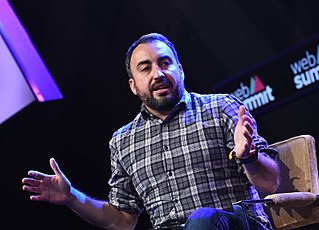A Quote by Mikko Hypponen
We want to detect malware, regardless of its source or purpose. Politics don't even enter the discussion, nor should they. Any malware, even targeted, can get out of hand and cause 'collateral damage' to machines that aren't the intended victim.
Related Quotes
Stuxnet, Duqu and Flame are not normal, everyday malware, of course. All three of them were most likely developed by a Western intelligence agency as part of covert operations that weren't meant to be discovered. The fact that the malware evaded detection proves how well the attackers did their job.
We in the FBI have created a malware repository and analysis tool known as the Binary Analysis Characterization and Storage System, or BACSS, which provides near real-time investigative information. BACSS helps us link malware in different jurisdictions and paint a picture of cyber threats worldwide.
I am convinced that those who get themselves involved in the machinery of power politics, even for the purpose of destroying it, are bound to fail in their purpose. To destroy it we have to stay out of it. If we want to cut down a tree, it is of no use to climb into its branches. The desire to keep contact with something, even to destroy it, is a subtle and insidious illusion.
I will be capable of loving, regardless of whether I am loved in return, Of giving, when I have nothing, Of working happily, even in the midst of difficulties, Of holding out my hand, even when utterly alone and abandoned, Of drying my tears, even while I weep, Of believing, even when no one believes in me.
































